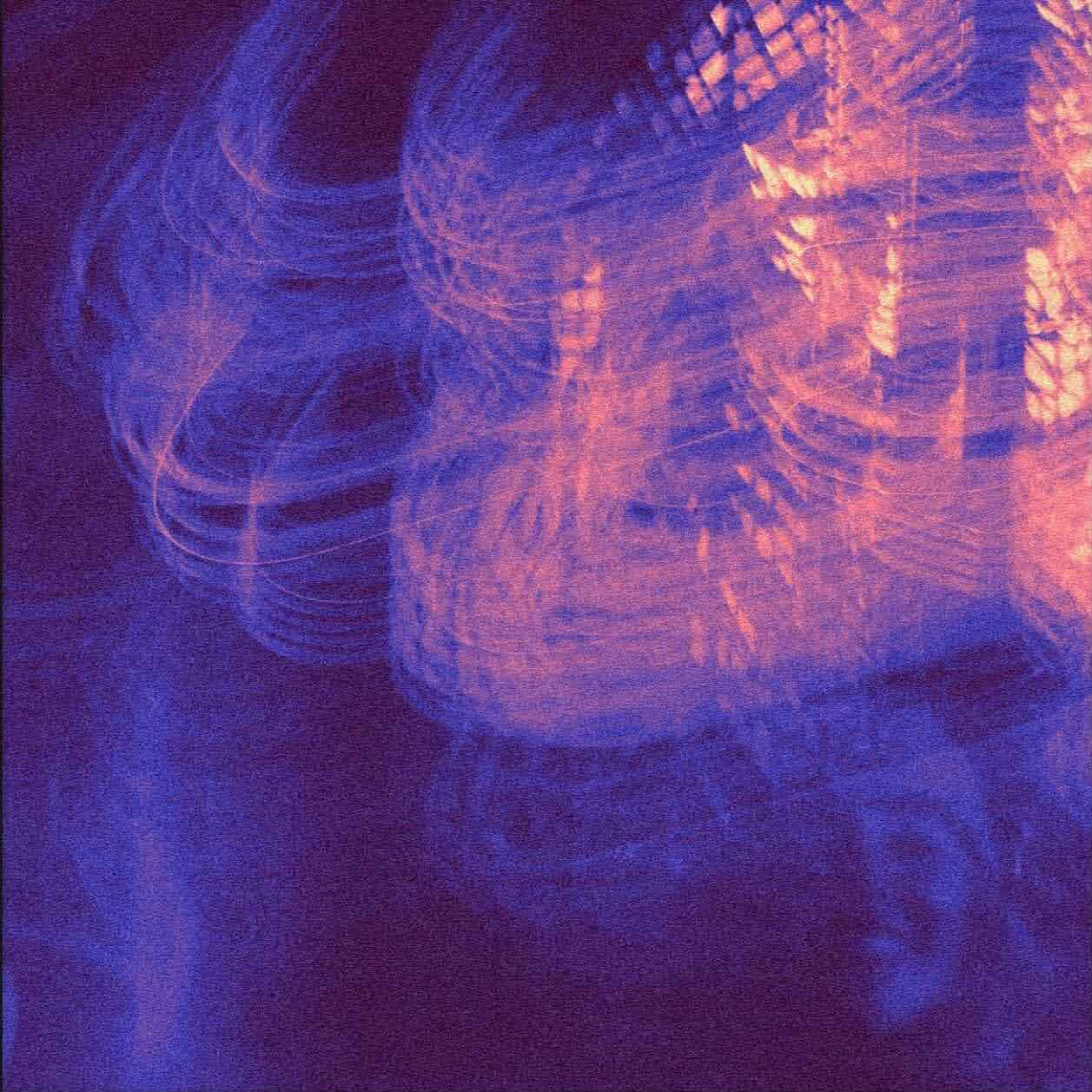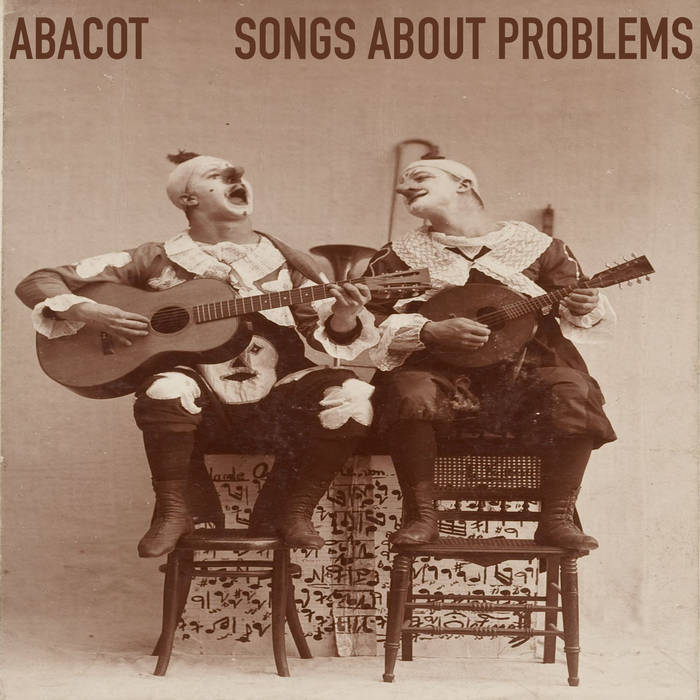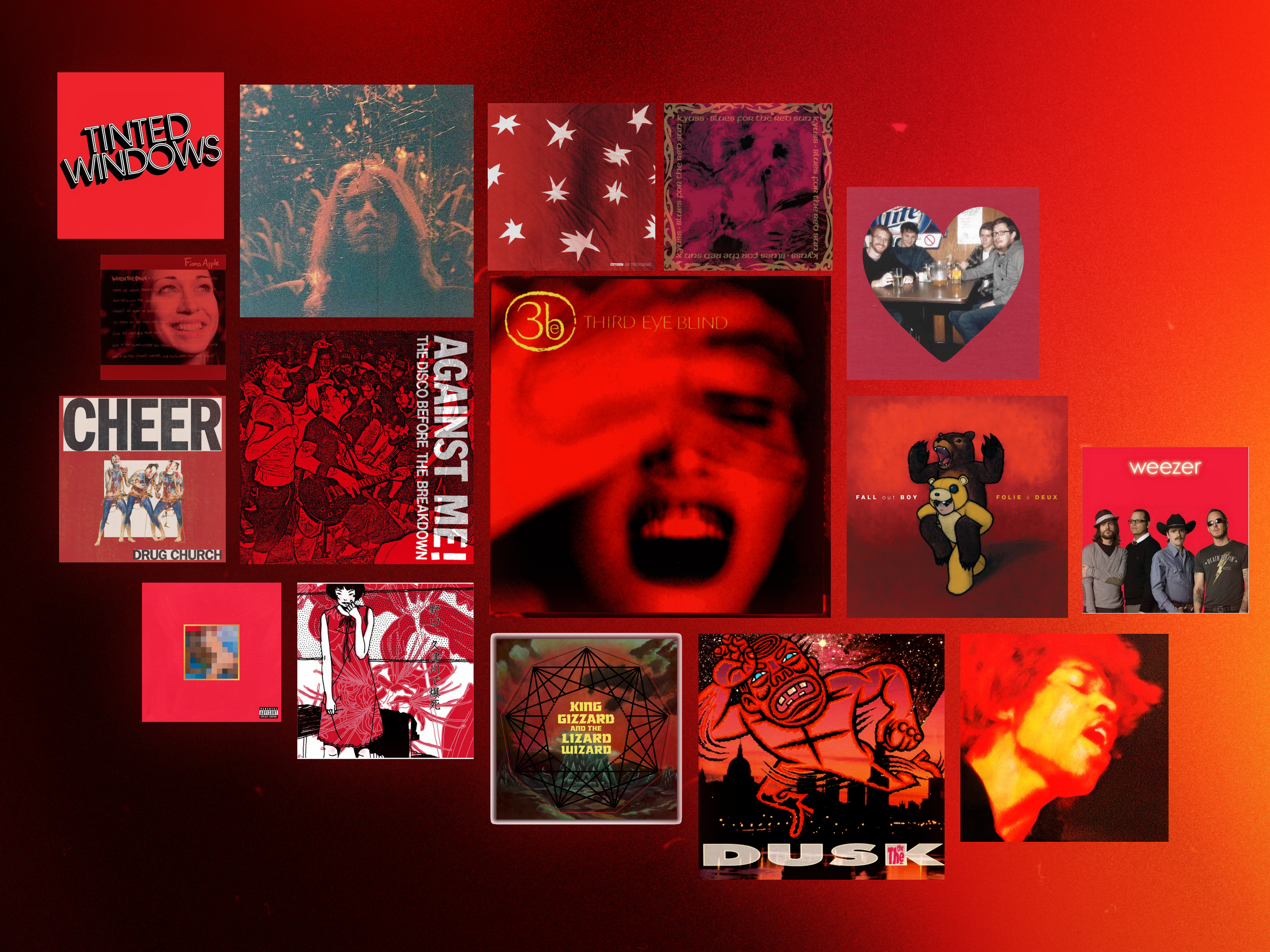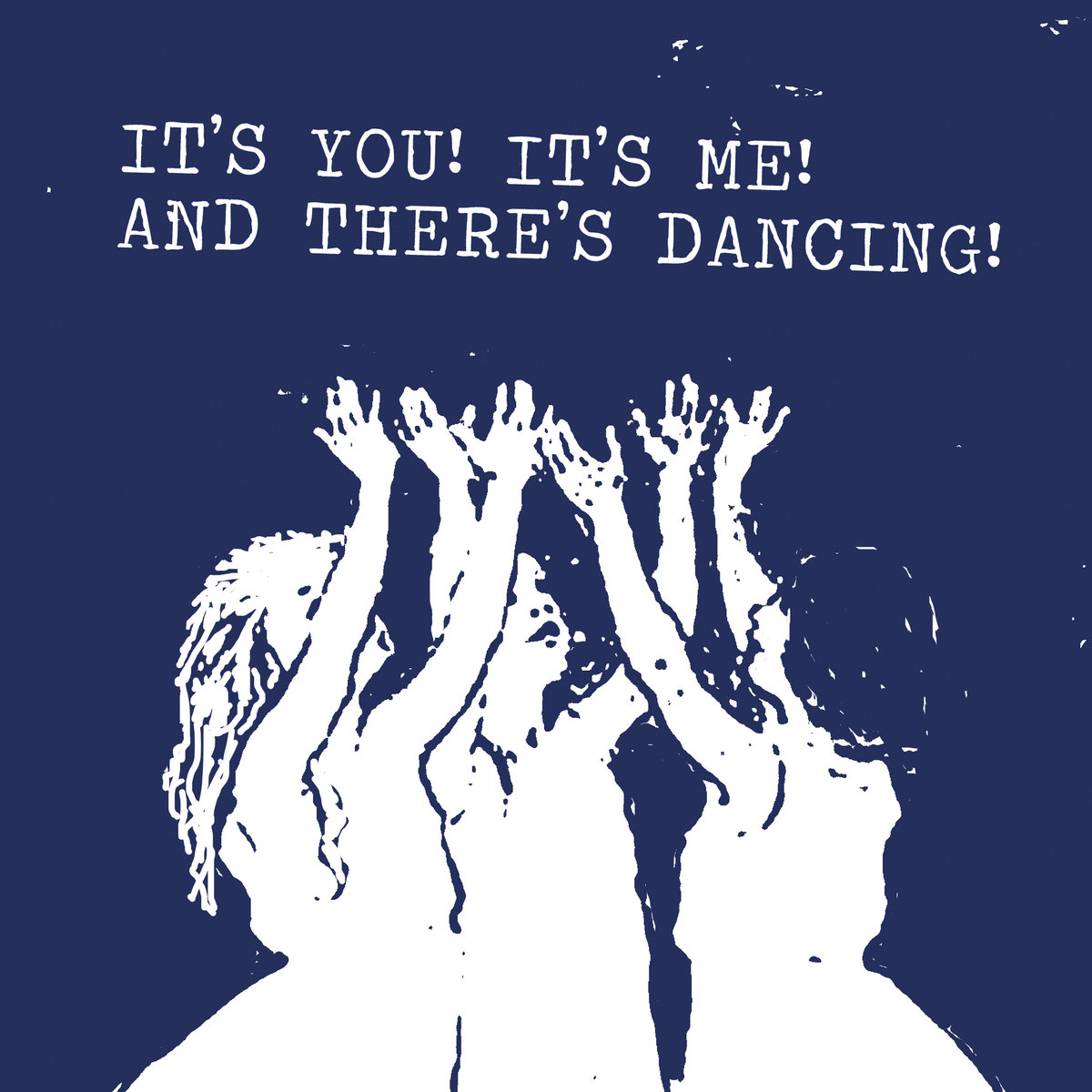Wednesday – Bleeds | Album Review
/Dead Oceans
As a ride or die Wednesday Warrior for nigh on half a decade, the appeal of Bleeds feels entirely self-evident to me. As I’ve been spinning the countrygaze band’s sixth album throughout the summer, it was both comforting and easy to see connective tissue from all across their discography. Lead single “Elderberry Wine” is a fully-fledged country-fried love song whose sound was telegraphed by the band’s twangy Tiny Desk and Gary Stewart covers. Follow-up single “Wound Up Here (By Holding On)” assured audiences that this record wouldn’t be all sweetness and champagne bubbles, evoking the crushing desperation of 2021’s Twin Plagues between lyrics about a dead body washing up in a creek. If that song wasn’t angry enough for you, “Pick Up That Knife” is a searing (and funny) track where minor inconveniences and offhand interactions escalate to violence, bile, and self-inflicted lashings that collectively evoke 2023’s breakthrough Rat Saw God. Throughout it all, Wednesday crystallize the one-of-a-kind sound they’ve been honing since their inception, resulting in a brilliant collection of songs without parallel or compromise.
Even if you pick up Bleeds as a complete outsider, the transportive property of the opening song and de facto title track “Reality TV Argument Bleeds” should be enough to convince you of the band’s power. Much like “Hot Rotten Grass Smell” combined sensory language, clever references, and a shit-kicking dustbowl riff to drop the listener somewhere in the wilds of North Carolina, “Reality TV” begins with a slowly mounting beat that utterly transfixes. Drums, bass, and feedback from multiple guitars all coalesce, falling in sync and growing louder until a scream erupts from bandleader Karly Hartzman, piercing through everything as the band rips into a soaring guitar riff.
The first words we hear on the record are a gross-out glimpse of devotion as Hartzman sings, “Pickin’ the ticks off of you.” This visual, which feels like a sister lyric to a Samia song from earlier this year, is immediately undercut with a dismissive brush-off of “If you need me I’ll call you.” In the next verse, she paints a picture of being separate, observing something from one room over as she sings, “Reality TV argument bleeds / Through the floor when I go to sleep.” This speaks to the kind of observationalist approach that Hartzman takes throughout these songs, always watching, listening, and reassembling pieces of life into the music we hear on record.
As the song melts outward, we get brief snapshots into isolationist recoiling, blown engines, and some unnamed other’s “broke dick sincerity.” Ever the way with words, this first song disarms, enthralls, and reassures all at once, offering a three-minute foray into the world you’ll be inhabiting for the next 30-some-odd minutes. But not to worry, keep your hands inside the ride, and Wednesday will be more than happy to be your tour guide through the heartbreak, distortion, and sweltering southern heat. Welcome to Bleeds.
Reckless, self-destructive behavior fueled by youthfulness, boredom, or some combination of the two has long been a cornerstone of Hartzman’s writing. Previous tracks like “Birthday Song” and “Chosen To Deserve” are clear-eyed dirtbag anthems that hinge on the universal experience of making stupid decisions throughout your youth. As the songs recount high school acid trips, pure-hearted trespassing, and innocent-enough public urination, Hartzman looks back with surprising honesty and compelling empathy. While others might think back to their teenage exploits and cringe, Wednesday codify them into song and allow others to learn from their mistakes. Hell, even if you’re not learning anything, the small-town antics enrapture like getting caught in a good conversation at the local dive bar.
The second track on Bleeds, titled “Townies,” is the latest in this long line of diaristic entries, acting as something of a spiritual successor to “Chosen To Deserve.” Opening with a light-hearted sway that immediately clears the air, the lyrics build a backdrop of local characters eager to supply drugs, leak nudes, and generally take advantage of the women naive enough to trust them. In Hartzman’s own words, the song is about “my friend in high school who got a rumor spread about her that she gave a handjob to a guy under a desk during AP English (which she later told me was true after I told her I wrote this song).” The track thrives in the murky waters of bumbling high school sexual experiences, specifically how callous both men and women can be in that environment, pressuring you while simultaneously shaming you for your choices.
There’s a surprising amount of sympathy extended to everyone involved, which is revealed gradually as the band peels things back layer by layer. By the end of the song, Hartzman admits, “I get it now / You were 16 and bored and drunk / And they’re just townies…” which trails off until the band brings back the seismic riff one more time, amplified tenfold, and the only catharsis or closure to be had at this point.
Similar scenes of teenage debauchery play out on “Phish Pepsi,” a re-recording of a song off Guttering that recaptures the original’s hazy, lo-fi sound and even retains the guest feature of Owen Ashworth from Advance Base. Finding herself back in a familiar place, a carpeted floor gives Hartzman a flashback to the last time she was here in middle school and rode her bike home drunk off a Four Loko. One of the album’s best punchlines comes in the song’s final verse, where our hero recounts, “We watched a Phish concert and Human Centipede / two things I now wish I had never seen.” Each word is lovingly mirrored by Ashworth, who adds his baritone sentimentality to every syllable. The dual narrator approach brings a level of sympathetic humanity to the whole thing, as well as the sense that our narrator isn’t in this alone.
🎄🎅Christmas Sidebar 🎁🎄
Thanks mainly to this feature from Ashworth, “Phish Pepsi” feels like a fun parallel to a cover of “Christmas Steve,” which MJ Lenderman and Karly Hartzman contributed to a compilation for Dear Life Records titled You Were Alone: An Owen Ashworth Almanac. In the original Advance Base song, Ashworth tells the (fictional) story of his cousin Steven, who took too much LSD one fateful Christmas Eve back in 1993 and is now “always kind of Christmassy.” This is far from the first holiday song to come from that project, but it is a nifty little ditty which Lenderman and Hartzman spin out into a stompy freak folk jam with charismatic ad-libs. For the Santa Heads at home, there’s also a second Christmas name-drop later on in Bleeds, making it the highest percentage of holly jolly energy in the band’s discography.
🚫🎁Christmas Sidebar OVER 🙅♂️🎅
After a middle gauntlet made up of singles like “Wound Up Here” and “Elderberry Wine,” the true heart of the record lies in track seven, “The Way Love Goes.” Much like “How Can You Live” before it, this song is a plainspoken reflection of romance that’s deceptively simple but designed to throttle the life out of you. Over a solemn guitar strum, Hartzman rattles off heart-crushing lines like “Feels like I’m almost good enough / To know you” and talks about how a relationship can glacially shift from an overt or implied promise into something that feels consistently underwhelming and disappointing for both parties. Halfway through, Xandy Chelmis’ ever-reliable pedal steel emerges to accompany the confessional. After all the anger, tension, ups, and downs, the song arrives at an honest assessment of affection, with Hartzman cooing, “I know it’s not been easy / And I know it can’t always be / And that’s the way love goes.” Whew.
On the other side of this emotional downpour, “Pick Up That Knife” is there to help pull us out of the mire. With lyrics of throwing up in a Death Grips pit and iconic one-off lines like “One day, I'll kill the bitch inside my brain,” this feels like a song tailor-made for meme pages or novelty bumper stickers. The repetitions of “They'll meet you outside” eventually give way to “Wasp,” a raging hardcore song that the band has been playing live for over a year already. Kicking off with a righteous flurry of a drum fill from Alan Miller, “Wasp” sees the band going full-tilt hardcore with Karly screaming the whole time, resulting in a cathartic outpouring of fury and indignation that rivals the outro of “Bull Believer.”
As the album enters its final leg, “Bitter Everyday” offers one last respite before a final gut punch. Gnarly lyrics of razor blades on water slides accompany a carefree guitar riff and tequila-swilling music video depicting a day spent out on the lake – the ideal kind of summer activity when you live in a place as hot as North Carolina. As sweetly as it’s all delivered, the lyrical throughline is nothing short of harrowing, as Hartzman lays out abject depression with lines like: “Abundant things in life keep getting fewer every day.”
What’s left on the other side of that pontoon boat adventure is a four-minute slow-burning ballad depicting a “Carolina Murder Suicide” with haunting fragility. As the house burns and collapses under its own weight, our narrator reflects on the transient nature of everything. It feels like a sun setting as the embers glow into nothingness.
But then there’s one more song.
Closing track “Gary’s II” isn’t just a sequel to the penultimate Twin Plagues song; it’s a true story and an exuberant ode to Gary King, the beloved owner of Haw Creek, the artist commune outside of Asheville where this band (and many others) spent their nascent years collaborating and honing their sound. King was similarly memorialized all throughout Colin Miller’s Losin’, but here he is painted in a charming light with a free-wheeling country song meant to serve as a palate cleanser from the otherwise devastating lyrics strewn throughout the rest of the record. The track tells one of the most direct stories in any Wednesday song, framed by plucky pedal steel and a rickety jug band momentum. The whole thing ends with a cutesy wink and a joke so good that it feels like a spoiler to include it here, so I’ll just leave that for you to hear yourself.
In my summer spent listening to Bleeds, I’ve been massively impressed with the shape of this record and the way everything flows. The band seems to have consciously returned to the headbobbing seesaw riffage found throughout Twin Plagues, and I’m over the moon about that. Sometimes things bend into more of a Rat Saw God storytelling direction, and elsewhere they point to a yet-untaken territory in the rocky wilds of the country music genre.
In many ways, Bleeds feels like the purest distillation of Wednesday’s sound. They know when to build things up and when to come crashing down; when to shoot you full of adrenaline or drawl the music out for maximum impact. Throughout it all, Hartzman’s lyrics are as astute and funny and relatable as ever, offering up a fresh platter of charming idioms and painful memories that are guaranteed to be lodged in the brains of indie music fans for years to come. As the band opens a portal into their own “sicko world,” the listener feels a welcome sense of recognition, and, for 37 minutes, is lucky enough to be a small part of it, even if just as a slack-jawed onlooker.
As someone who has spent the last two years living in North Carolina, I can attest to the region’s mystical power and otherworldly pull. My time spent there was a menagerie of soul-centering beauty, valiant people, nourishing relationships, and guiding moments. It’s a part of the country capable of precious stillness and abrupt violence. I’ll put it this way: after the years spent living in North Carolina, I can see why David Lynch decided to film Blue Velvet there.
As Wednesday weave together a patchwork of the mundane and profane, death and love exist in a perpetual dance, coexisting in the space between the rest stops, gas stations, and kudzu. Somewhere among the Cookout signs and quarries, this group found each other and came together to capture one minuscule splitter of a life still being lived. When listeners catch a glimpse of themselves in Hartzman’s songwriting, it can feel either like a warped funhouse mirror or a comforting salve. Maybe both. Above all else, the writing throughout this band’s discography feels like an affirmation to slow down and observe. To pause and remember. To document, archive, and share – because you just might find your people in the process. I’m already the type of person who believes there’s as much beauty in the sunrise over the ocean as there is in the alley with garbage juice trickling toward the drain. The only difference is, are you willing to look for it? After you’ve built up this reservoir of emotions and memories and stories, you might find yourself feeling similarly to the beginning of this record: simmering upward until it erupts from you in a great cacophony of noise. Whatever comes next is anyone’s guess.





